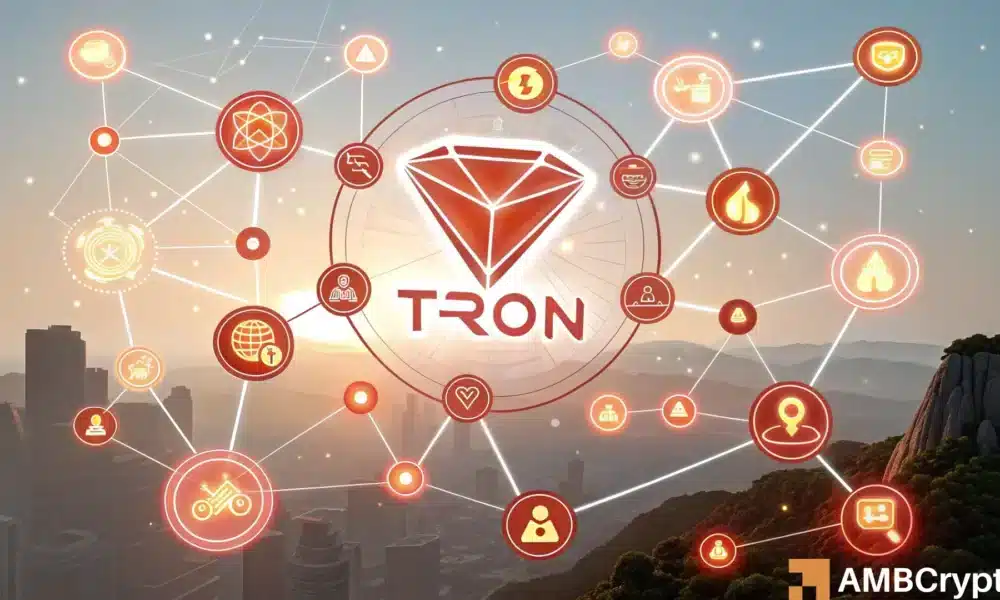Key takeaways
Tron is emerging as the preferred network for retail USDT transfers, with smaller wallets driving the action. While TRX’s price remains stable, rising usage could cause a longer-term breakout.
Tron [TRX] is quickly becoming the network of choice for everyday crypto users.
Smaller wallets are driving a wave of USDT transfers, and the number of active addresses has jumped to 2.48 million; the highest of any blockchain.
What could it mean for TRX’s price?
Tron wallets power stablecoin moves
On the 30th of August, Tron proved once again why it’s the go-to network for retail investors shifting stablecoins.


Source: CryptoQuant
Mid-sized wallets — Goblins (under $1M) and Sharks (under $10M) — were at the center of activity, handling 35% and 20% of all USDT transfers in their categories.
Smaller players lean on Tron’s low fees and fast settlement to move funds off exchanges, often showing a cautious stance ahead of market shifts.
Interestingly, this pattern wasn’t isolated.
It mirrored similar wallet behavior seen on the 26th, so there’s a broader trend.
Tron leads the active addresses race
Building on this momentum, Tron is also topping the charts in active usage.
With 2.48 million active addresses, Tron ranks number one among all chains, ahead of giants like BSC, Solana, and even Ethereum.


Source: X
For investors, this is an obvious sign that the network’s effects are strengthening.
TRX price holds steady
At press time, TRX traded at around $0.339, showing signs of consolidation after its mid-August rally.
The RSI indicated neither overbought nor oversold conditions in play. Meanwhile, the OBV showed a lack of strong inflows or outflows.


Source: TradingView
Price action over the past week revealed lower highs, pointing to cooling demand despite Tron’s surge in active addresses.
Overall, TRX appears to be in a holding pattern. It remains to be seen whether heightened on-chain activity could provide the push needed for a renewed move upward.







